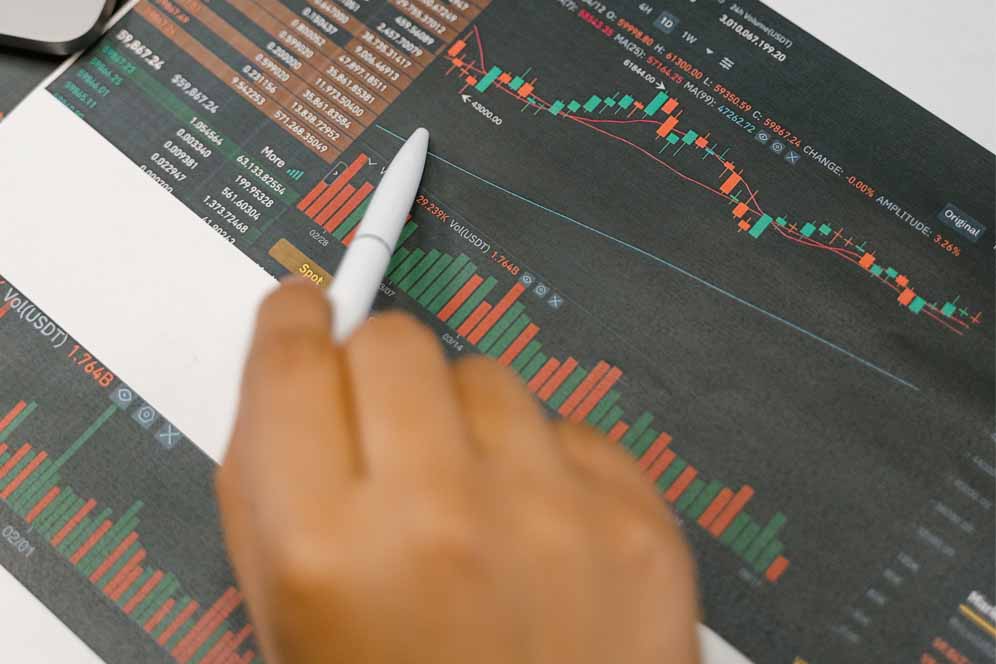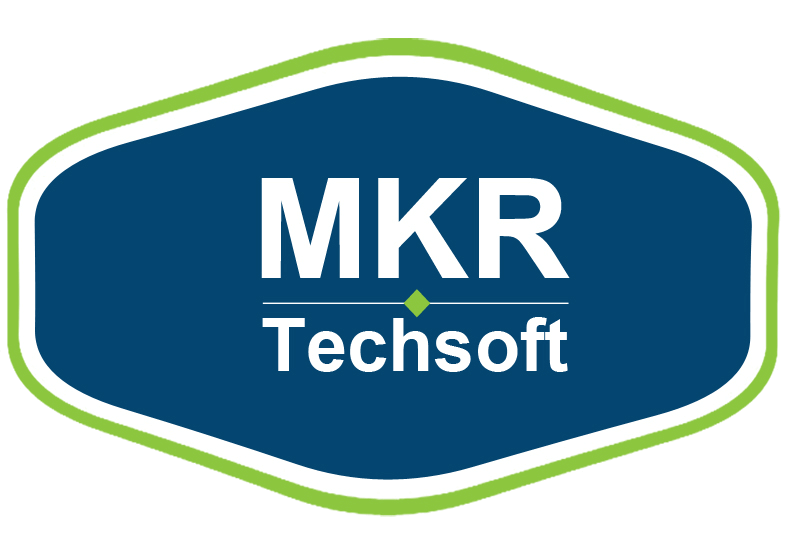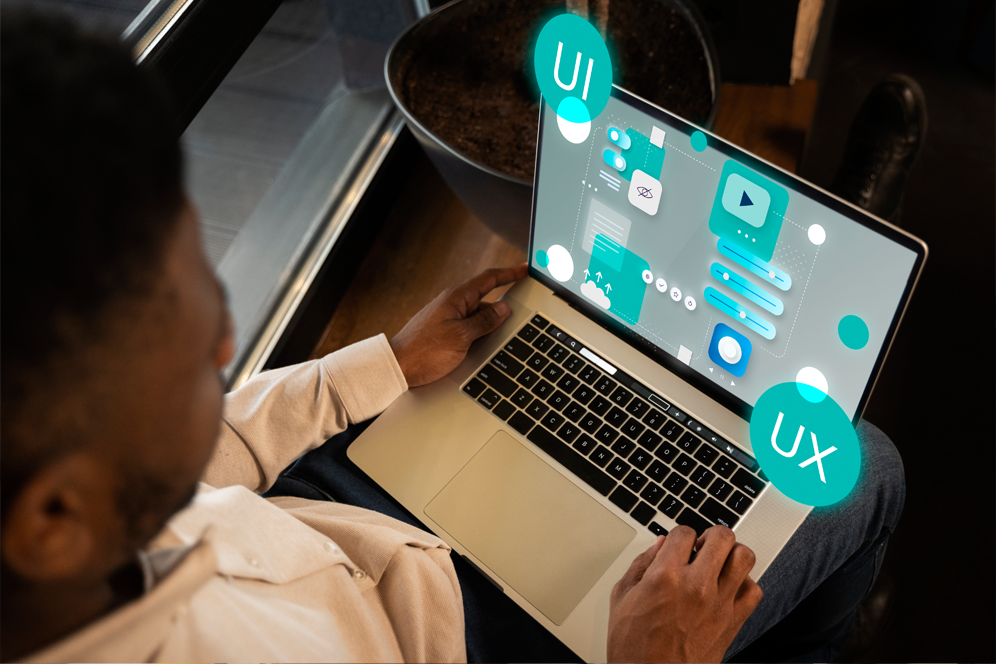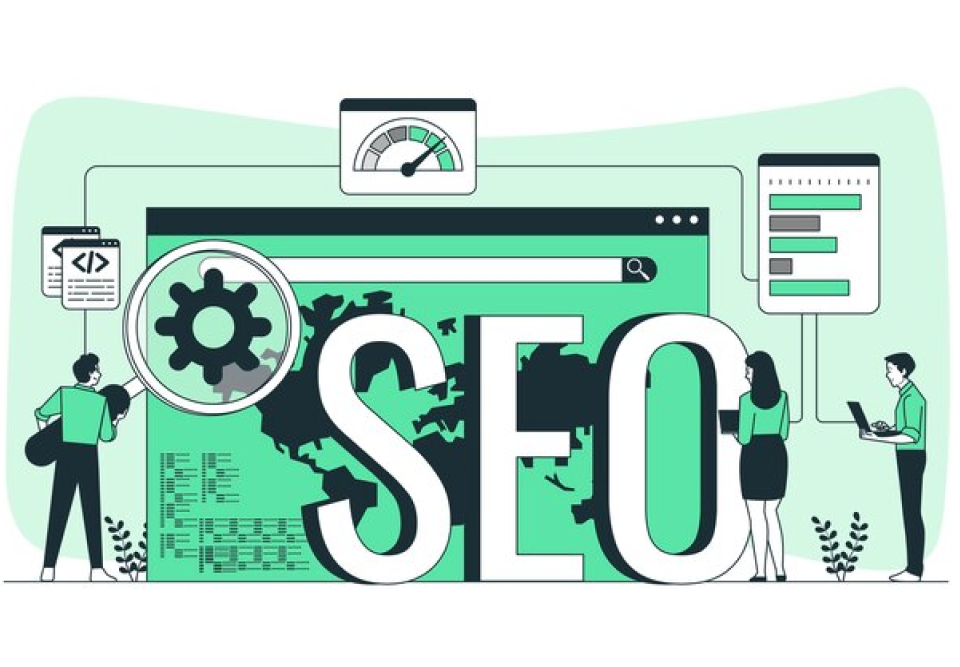In an ever-evolving digital landscape, traditional marketing approaches are being replaced by innovative strategies that harness the power of social media. Influencer marketing is one such tactic that has completely revolutionized the marketing industry. With the rise of social media influencers, brands have discovered a unique opportunity to connect with their target audience in a more authentic and impactful way. The dynamics of brand promotion have changed as a result of influencer marketing, which enables businesses to take advantage of the credibility and power of these influencers.
In this blog, we will explore the symbiotic relationship between SEO and influencer marketing and how they work together to create a winning strategy for business growth.
How SEO And Influence Marketing Are Connected?
SEO (Search Engine Optimization) and influencer marketing are two powerful strategies that can complement and enhance each other’s effectiveness. While they operate in different domains, they share a common goal of increasing brand visibility, driving organic traffic, and ultimately improving business outcomes. Leveraging the synergy between SEO and influencer marketing can result in a comprehensive and impactful digital marketing approach that drives organic traffic, boosts brand visibility, and supports long-term business growth.
Let’s look at how influencer marketing and SEO are related and how they might complement one another to provide the best outcomes.
Increased Brand Visibility: In order to increase a website’s exposure in search engine results, SEO focuses on improving the content and structure of the website. By incorporating relevant keywords, creating high-quality content, and optimizing website elements, brands can rank higher in search engine rankings. Influencer marketing, on the other hand, leverages the reach and influence of influencers to promote brands to their engaged audience. When influencers create content and mention a brand, it increases brand visibility and exposure, leading to potential backlinks, social media mentions, and increased organic traffic. The combined efforts of SEO and influencer marketing can significantly enhance a brand’s visibility across search engines and social media platforms.
Quality Backlinks: Backlinks are important for SEO since search engines view them as a sign of a website’s authority and relevancy. Influencer marketing can facilitate the acquisition of high-quality backlinks. When influencers create content featuring a brand or link to its website, it can generate valuable backlinks from authoritative sources. These backlinks signal to search engines that the brand’s website is reputable and relevant, thereby improving its search engine rankings. By strategically collaborating with influencers and incorporating link-building tactics, brands can enhance their SEO performance and drive organic traffic for business growth.
Amplified Content Distribution: Content is at the heart of both SEO and influencer marketing. The goal of SEO is to produce useful, informative, and optimized material that is in line with consumers’ search intentions. Influencer marketing, on the other hand, leverages influencers’ content creation capabilities to amplify a brand’s message and reach a wider audience. When influencers promote a brand’s content or collaborate on content creation, it extends the brand’s reach and enhances its visibility. This amplified content distribution through influencers’ channels can result in increased engagement, social shares, and ultimately improved SEO performance.
Video content has become increasingly popular, and influencer marketing has capitalized on this trend. According to a survey by Influencer Marketing Hub, 56% of marketers prefer using video content in influencer marketing campaigns, recognizing its ability to engage and connect with audiences effectively.
Social Signals and Engagement: Social signals, such as likes, shares, comments, and followers, are increasingly influential in SEO rankings. When influencers endorse a brand and share content related to it, it generates social signals that indicate popularity, relevance, and engagement. Increased engagement and social media activity associated with influencer marketing can positively impact a brand’s SEO performance. As search engines consider user engagement as an indication of content quality, the collaborative efforts of SEO and influencer marketing can contribute to improved organic rankings.
Research by Influencer Marketing Hub found that influencer marketing campaigns receive an average engagement rate of 5.7%, while the average engagement rate for branded content on social media is around 2.2%.
Targeted Audience Reach: Influencer marketing allows brands to connect with their target audience through influencers who have already built a loyal and engaged following within specific niches. This targeted audience reach aligns with SEO’s goal of driving qualified traffic to a website. By partnering with influencers who have a similar target audience, brands can ensure that their content reaches the right people. When the influencer’s audience engages with the brand’s content and visits the website, it sends positive signals to search engines, improving the website’s SEO performance.
Improved local SEO: Influencer marketing has the potential to have a significant influence on local companies. Collaborating with local influencers who have a strong presence in the target geographic area can help boost local SEO performance. Local influencers can promote the brand to their local audience, generating local citations, reviews, and backlinks, which are essential for local search visibility.
Diversified Link Profile: SEO benefits from having a diverse and natural link profile. Collaborating with influencers allows brands to diversify their backlink sources by acquiring links from a variety of reputable websites. This diversity enhances the brand’s link profile, making it more robust and increasing its chances of ranking well in search engine results.
The Future of Influencer Marketing and Its Role in Growth Marketing
Influencer marketing has already proven its worth as a powerful strategy in digital marketing. However, its future looks even brighter as it continues to evolve and play a crucial role in growth marketing. Let’s explore the future trends and the expanding role of influencer marketing in driving business growth.
Rise of User-Generated Content (UGC): User-generated content (UGC) will continue to be a significant aspect of influencer marketing. Brands will encourage consumers to create their content, showcasing their experiences with products or services. UGC provides social proof, builds trust, and fosters engagement. As consumers trust recommendations from their peers, UGC will play a vital role in growth marketing, amplifying a brand’s reach and driving conversions.
Data-Driven Influencer Selection: As influencer marketing matures, data-driven strategies will become more prevalent. Brands will rely on advanced analytics and tools to identify the right influencers for their campaigns. Data points such as audience demographics, engagement rates, and past campaign performance will inform influencer selection. This data-driven approach will maximize the impact of influencer partnerships and ensure alignment with growth marketing goals.

Integration with E-commerce: Influencer marketing will increasingly intertwine with e-commerce, creating a seamless path from discovery to purchase. Influencers will play an active role in promoting products, driving traffic to e-commerce platforms, and even facilitating direct purchases through features like shoppable posts. This integration will allow brands to leverage influencers as a direct sales channel and enhance their growth marketing efforts.
Platform Diversification: Influencer marketing has mostly used social media platforms, but this will change in the future as platforms become more varied. Influencers will expand their reach beyond traditional social media channels and explore emerging platforms such as TikTok, Clubhouse, or even virtual reality (VR) spaces. Brands will need to adapt their strategies and collaborate with influencers across various platforms to reach and engage their target audiences effectively.
Authenticity and Transparency: Consumers are becoming more and more demanding about the authenticity and openness of influencers and companies. In the future, influencer marketing will emphasize building genuine relationships between influencers, brands, and their audiences. Authenticity will be the key driver, as influencers who genuinely align with a brand’s values and products will be more effective in driving growth. Transparency in sponsored content and proper disclosure of partnerships will also be essential to maintain trust and credibility.
How Is Influencer Marketing Leveraging Analytics For Effective Campaign Optimization?
Influencer marketing is not only about collaborating with popular influencers but also leveraging analytics to optimize campaigns for maximum effectiveness. Analytics help marketers make fact-based decisions and hone their strategies by offering insightful data on the effectiveness and impact of influencer marketing initiatives.
Engagement Metrics: Analytics offer specific interaction indicators, like likes, comments, shares, and click-through rates. These metrics indicate how well the audience is responding to influencer content and provide insights into the effectiveness of the campaign.
Conversion Tracking: Analytics enable marketers to track conversions and attribute them to specific influencer marketing efforts. By implementing tracking mechanisms, such as unique referral codes, customized landing pages, or affiliate links, marketers can measure the direct impact of influencers on driving conversions.
Real-time Monitoring: Analytics enable real-time monitoring of influencer campaigns. As the campaign develops, marketers may monitor analytics and make the required modifications in real time.
A/B Testing: Analytics facilitate A/B testing, allowing marketers to compare the performance of different influencer strategies or content variations. Marketers may find the most successful strategies by testing out various strategies and evaluating the outcomes.
Conclusion
Influencer marketing has advanced significantly from a specialized method to a widely used marketing approach. Brands can benefit from a variety of advantages by fusing the power of influencer marketing with efficient SEO techniques. By integrating SEO and influencer marketing, brands can leverage the power of influencers to boost their SEO performance and drive organic traffic, leading to improved business outcomes. With the continued dominance of social media and the rise of micro-influencers, influencer marketing is poised to play a vital role in digital marketing strategies moving forward. Brands can harness the full potential of influencer marketing to fuel their business growth and stay ahead in a dynamic digital marketing landscape.
















